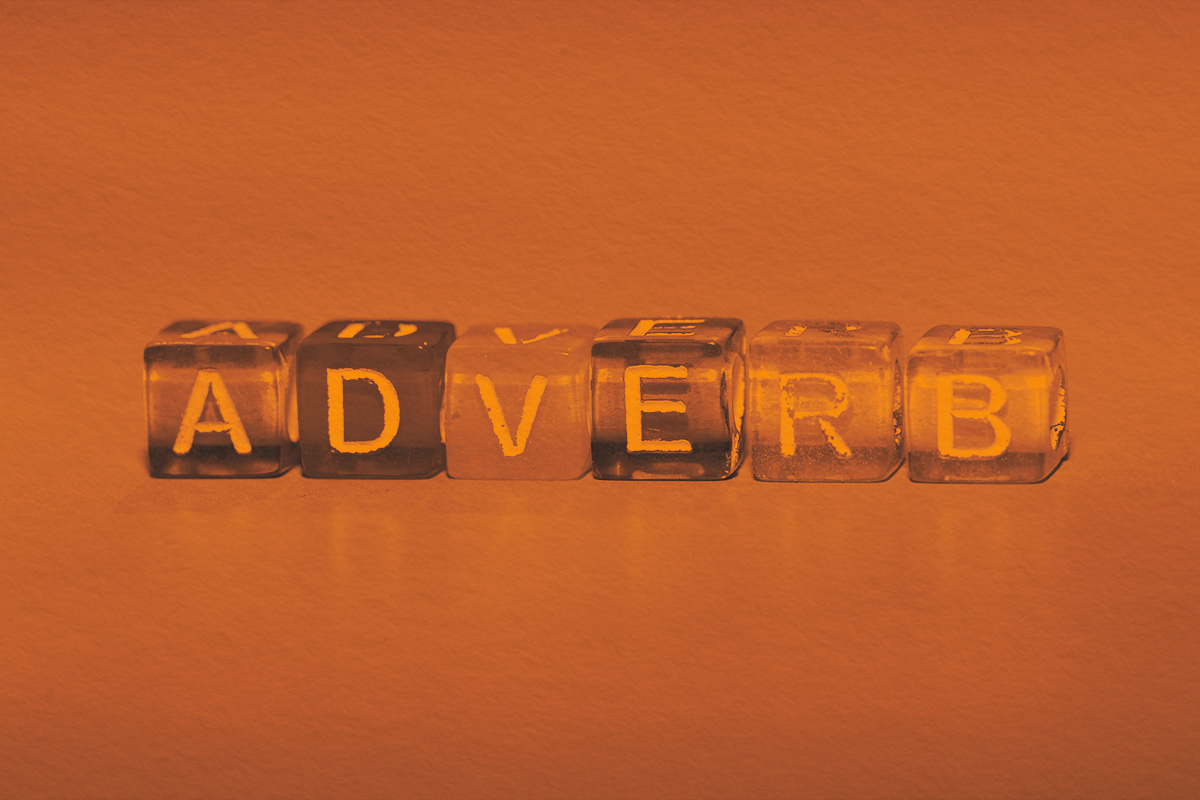
In the early days of grammar school, we learned how to express plural forms of nouns. Simply add an “-s” or “-es” to most nouns, and you’ll be well on your way from one to many. For native English speakers, even irregular plural nouns, such as changing “woman” to “women” and “tooth” to “teeth,” come naturally. Yet, some nouns can’t be pluralized. These nouns, which denote things that exist in abstract quantities or concepts, are called “noncount nouns.”
For example, “ice,” “air,” and “knowledge” are noncount nouns because you can’t pluralize these as “ices,” “airs,” or “knowledges” without changing their meaning or creating a fake word. By the same token, categories of nouns such as games (“hockey” and “chess”), concepts (“health” and “education”), and languages (“Spanish” and “English”) are also noncount nouns.
Specific modifiers can be used with only noncount nouns or only countable nouns. For example, the modifier “much” can be used only with noncount nouns, while “many” is reserved for those that can be counted. It’s why we say, “There isn’t much coffee left,” rather than “There aren’t many coffee left,” since “coffee” is a noncount noun. (You might order “three coffees,” but that’s actually an abbreviated form of “cups of coffee” as “cups” can be counted.) The informal modifier “a little bit of” also should be used only with noncount nouns, as in, “We got a little bit of rain today.” On the other hand, “men” is a countable noun, so we say, “There were many men at the event,” rather than “There was much men.”
Still, not all modifiers demand this kind of attention. Words like “some,” “any,” “enough,” “plenty of,” and “no” can modify both types of nouns, offering a bit of grammatical flexibility with this category of words.

















